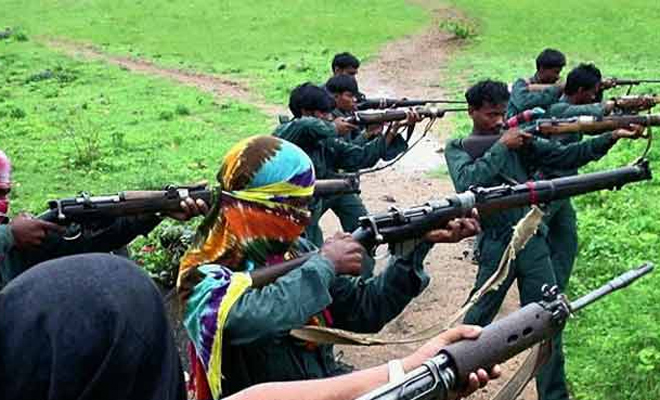RAIPUR: Senior Rashtriya Swayamsevak Sangh (RSS) functionary Indresh Kumar on Sunday questioned why there has been no Maoist attack on institutions of Christian communities, saying this needs an explanation.
“Why have churches never been targeted by the Maoists?” he asked while talking to a group of reporters at the new circuit house in the state capital where he earlier addressed a function organised by Forum for Awareness on National Security (FANS).
Referring to the Maoist problem in many states, including Chhattisgarh, he said the RSS favours the return of Maoists to political mainstream. Earlier, speaking at the FANS function, he said Maoists should do a self-introspection on what they have achieved with their over three decade-long armed struggle and whether their ideology and activities have benefited the society.
“We don’t consider Maoists as enemies. But the CPI (Maoist) has to do an introspection about what they have gained with their movement,” he said.
“Let me ask the Maoists three basic questions. Have you been able to generate employment for the youth? What is your contribution towards development of infrastructure and what about educating the masses in their areas?” he said.
The RSS functionary said that instead of providing employment, people are becoming unemployed and instead of building infrastructure even roads are being dug up and destroyed by the Maoists. “Media should also pose these questions to Maoists,” he said, adding that growth of any society was directly linked with many factors including education, employment opportunities and infrastructure development that improve the quality of life of the people. The senior RSS figure’s appeal to Maoists for self-introspection came two days after Chhattisgarh chief minister Raman Singh said he favoured resolving the Left wing extremism through development and not through Army. “People of tribal Bastar region want development now. They are demanding schools, better roads and communication network. They are now well aware of those who are hindering their development,” he had stated.






























